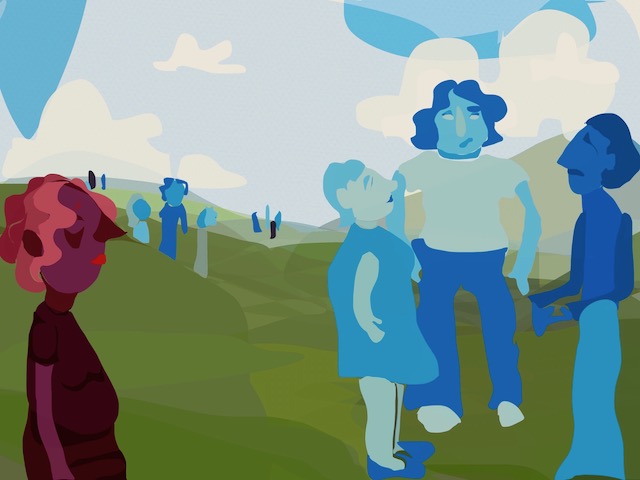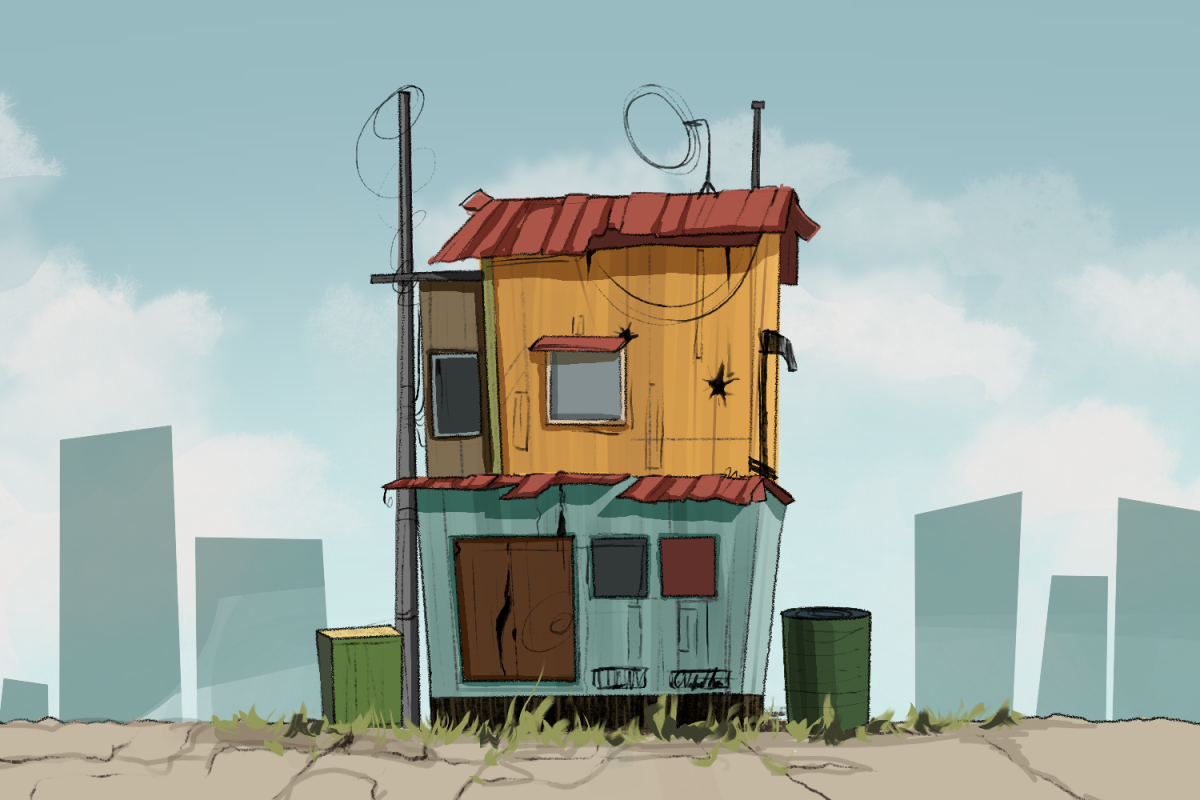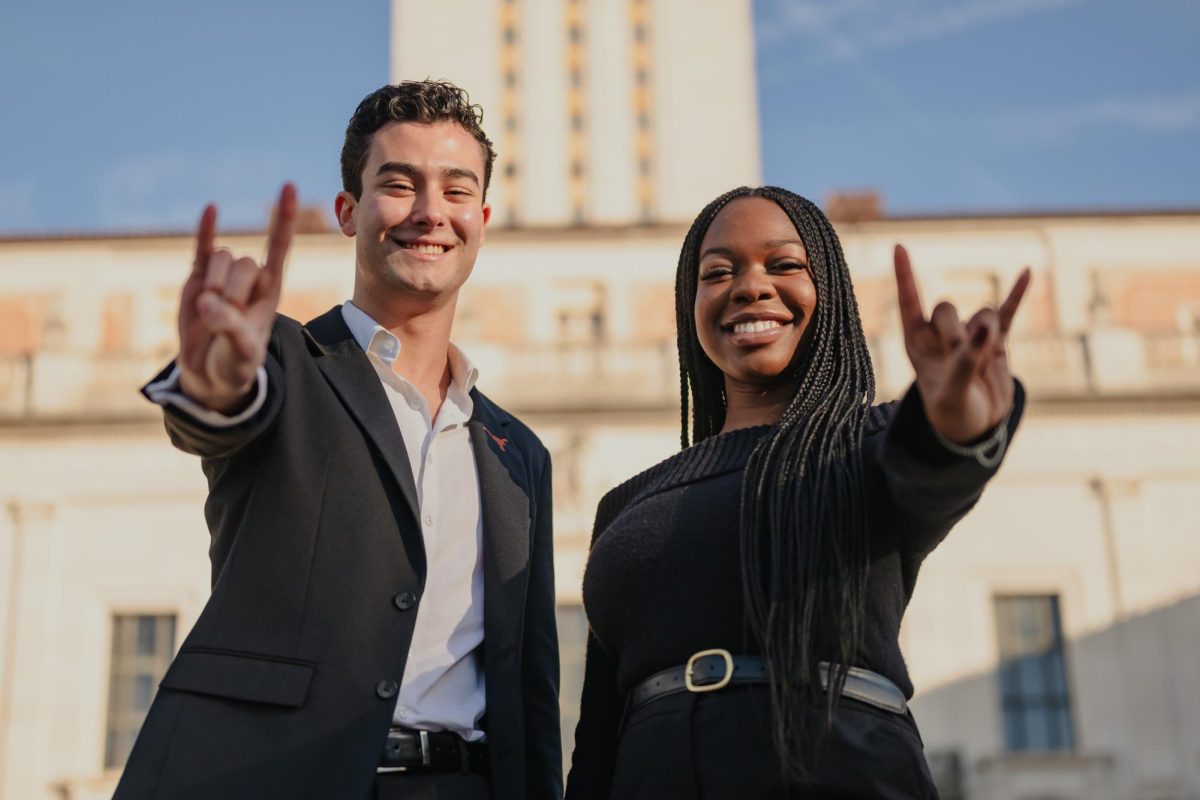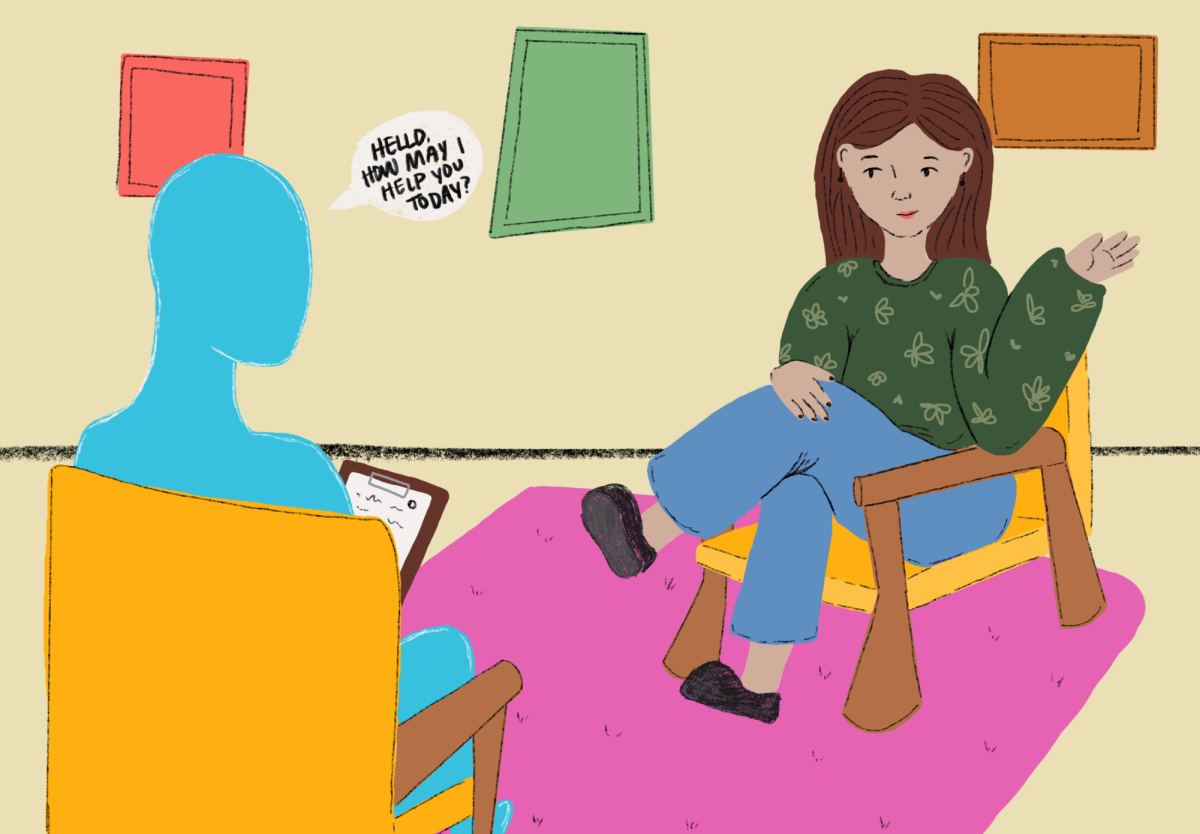Computer science sophomore Kennedy Myles comes from a community just like mine: a high school where 99% of the student population was Black and Hispanic. Today, we study at a university where less than 5% of the student body looks like us. These statistics are a result of a broader admissions issue that individual students have very little power over.
However, we don’t have to accept the isolation of a college space that often doesn’t feel like it was created for us. Joining a Black UT student organization is a great way to combat this disconnect.
Last week, I was scrolling through Twitter when I saw that a student in Myles’ African American Diaspora class defended the cops who murdered Breonna Taylor. Myles is an African Diaspora studies minor and is somewhat used to navigating microaggressions in her classes — as most of us are.
“That was the first time I ever experienced or been in the presence of someone so boldly being insensitive about a situation (like this),” Myles said.
I shouldn’t have to read a story like this on Twitter after a day of classes and wonder if I belong at UT. No student should. This type of isolation and uncertainty can be extremely demoralizing to students, preventing them from concentrating on their work and making the most of their time here.
Myles, who is a part of the Association of Black Computer Scientists, told me if she hadn’t been recruited by the group freshman year, she doesn’t know if she’d still be in computer science or at UT at all.
Black freshmen are especially vulnerable to feelings of isolation because they are completely new to the Forty Acres. Jalen Archer, an executive member in the Black Business Student Association, spoke about how crucial this organization was to his career at UT. There weren’t a lot a Black students in his classes, but the association was a group with a solid “have your back” mentality that really helped him out as a freshman.
“I felt like BBSA really took into account the whole family aspect within the organization so that things weren't as scary,” Archer said.
Often, there’s this unspoken pressure to put on a front in white dominated spaces, and Black professional organizations can provide us a space where we can come together with those who understand our struggles. As a Black student journalist myself, it’s hard enough to build up a reputation in this field without the added pressure of trying to stay true to oneself and not step on any toes. Recently, the president of UT’s chapter of the National Association of Black Journalists invited me to join the organization, and for the first time since I arrived on campus this fall, I felt like someone understood.
Today, I don’t want to wonder if I’ll feel accepted in my field of study. Today, I don’t want to wonder if my classmate will base their sympathy for a Black woman’s death upon what she must’ve done to deserve it. Black student organizations are our power at this school, and I hope every Black student at UT has the opportunity to seek comfort and peace in these communities.
Roland is a radio-television-film freshman from Houston, TX.





















